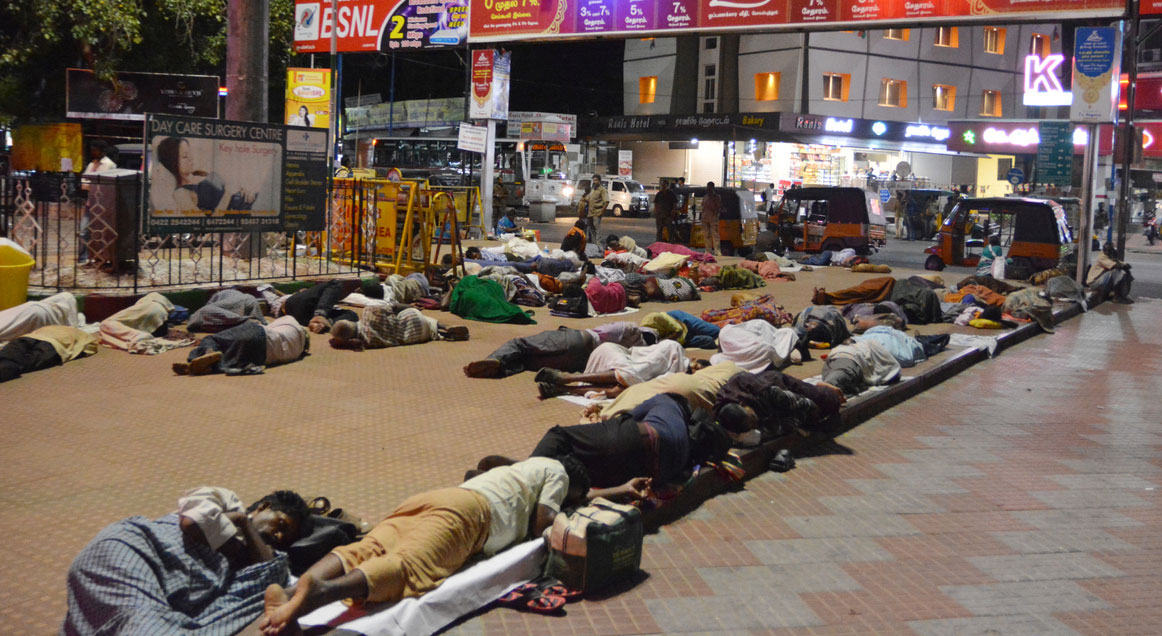The National Democratic Alliance government had been considering wide-ranging reforms in labour and land acquisition laws. Industry requires quick and smooth hiring and firing of workers and large tracts of land for investment. Both of these are hard to achieve on account of the lack of jobs and social security and the insecurities of small peasants who are unwilling to let go of their plots of land. The Narendra Modi government is expected to bring about changes in labour law while its political capital is still high. Labour legislation is complicated in India, to say the least. There are 44 Central laws and numerous state government regulations. The new proposal is supposed to rationalize these laws and regulations into four distinct labour codes covering the following segments: wages and remunerations, industrial relations, social security and welfare, and occupational safety, health and working conditions. The drafts have gone through several phases of discussion but missed being placed in the 16th Lok Sabha. There will now be inter-ministerial comments only and the drafts would be tabled in Parliament as early as possible, starting with the wage code. Several trade unions, barring the Bharatiya Mazdoor Sangh, had raised objections and actually boycotted the meeting convened by the labour ministry. The claim was that their suggestions had not been incorporated into the wage draft.
Industry wants labour laws to be flexible enough for hiring and firing easily and ensuring that productivity is as high as possible while keeping wage costs low. However, for such a system to be effective and not encounter social resistance, two things are necessary. First, there is a need for a fair and well-implemented social security system with universal coverage. Second, there should be enough jobs on hand so that the loss of a job does not entail a long, uncertain search for an alternative. Both are absent in the Indian economy. It might be argued that labour markets must first be unencumbered from complex laws for higher growth. It is only then that social security can be funded and adequate jobs become available. However, the new labour code might not be able to achieve its objective. In India, universal coverage of social security is a big ticket budgetary exercise, and unlikely to be implemented without leakage and corruption. It might be noted that high rates of growth experienced over a reasonably long period of time — during the past two decades — have not resulted in the expected number of new jobs. Unemployment has to be tackled before labour reforms can be effective.












